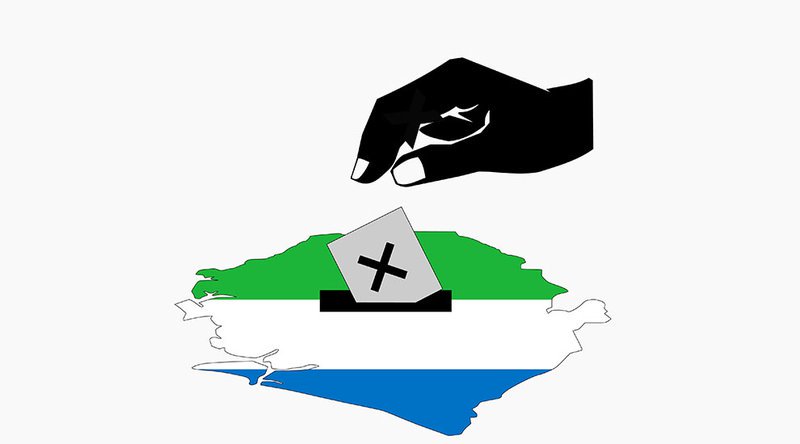Sierra Leone and the Blockchain Election That Wasn’t

The big news on March 8, 2018, was that Sierra Leone had just run the first blockchain-based election. The big news in the days and weeks that followed, however, became that the government of Sierra Leone was denying that it happened.
In a press release from Swiss-based blockchain technology company Agora on March 8, 2018, the company led off with this statement: “Sierra Leone’s 2018 presidential elections, which took place on March 7th, represents the first time in history that blockchain technology has been used in a national government election. West District’s results were registered on Agora’s unforgeable blockchain ledger, and the tally made publicly available days before the usual manual count.”
The press release goes on to mention that the company is an internationally accredited observer and how results were posted within hours of the polls closing and various advantages to using their blockchain-based voting technology.
Soon after, the story started breaking around the web that Agora, as the only company in the world with a fully-functional blockchain voting platform, had just run the first blockchain-based election for Sierra Leone.
The results for this election are still unclear and a runoff election will be held on March 27, 2018; however, controversy over Agora’s claims erupted soon after the mainstream media began to pick up on the story.
On March 19, the National Electoral Commission of Sierra Leone (NEC) sent out the following tweet:
— National Electoral Commission of Sierra Leone (@NECsalone) March 19, 2018
The NEC also posted the election results online. According to RFI, the NEC confirmed that Agora had only been given observer status for the polls and that the company’s involvement was not official, which partially matches what Agora asserted. The NEC also stated that Agora only performed a vote tally in two of their western districts, which is reflected in the press release, and that their results were different than the official results provided by the NEC, which is not reflected in the press release.
The Sierra Leone Open Election Data Platform (SLOEDP) also sought to set the record straight with this tweet:
Please help the people of Sierra Leone stop @AgoraBlockchain, @Daniel_Finnan @DelRayMan @BrandonWeber_UP @thenextweb @Futurism @RosiePerper @johnbiggs @rjmarvin1 @theYomiKazeem promoting FAKE NEWS HEADLINES about the use of blockchain during Sierra Leone's Elections.
— OpenElections SL (@OpenElectionssl) March 16, 2018
The SLOEDP further explained its position in this Medium post, focusing both on the misleading statement in the original Agora press release and on the follow-up media reports in dozens of publications from Slate to RFI that echoed the claims. The SLOEDP response details the work they put into the election. SLOEDP is proud of the work they accomplished and were not happy with the minimization of their efforts and credit being attributed to another organization.
Agora responded to the backlash resulting from the conflicting news reports to clarify exactly what happened. They confirmed that they attended the election as an international observer, which was in their official press release, and they showed proof that they were accredited by the NEC as such.
Agora pointed out that their participation in the election was intended as a proof of concept of their technology — a distinction that was clearly stated in their Telegram channel and in various interviews but less clearly in the original press release. They laid out a timeline, the procedures of how votes were counted; a side-by-side comparison of the numbers from their efforts and the NEC; and screenshots of various tweets, Facebook posts, Telegram discussions and website postings to further support their position.
When Bitcoin Magazine reached out to Agora about their statement, Agora COO Jaron Lukasiewicz said, “I take responsibility for any misunderstandings that exist in the media. We have made an official statement that includes hard facts about our accredited role in the election. As a company, we will now turn our focus back onto building technology for our next election.”
Voting on the blockchain is a natural choice for reduced costs and enhanced integrity. These proofs of concept are necessary to prove the technology and establish trust, and while we are likely still years away from a country allowing their entire election to be run on a blockchain, it is something the world could really use. You don’t have to think too hard to come up with a reason that a government would be against visibility in an election.
This article originally appeared on Bitcoin Magazine.


